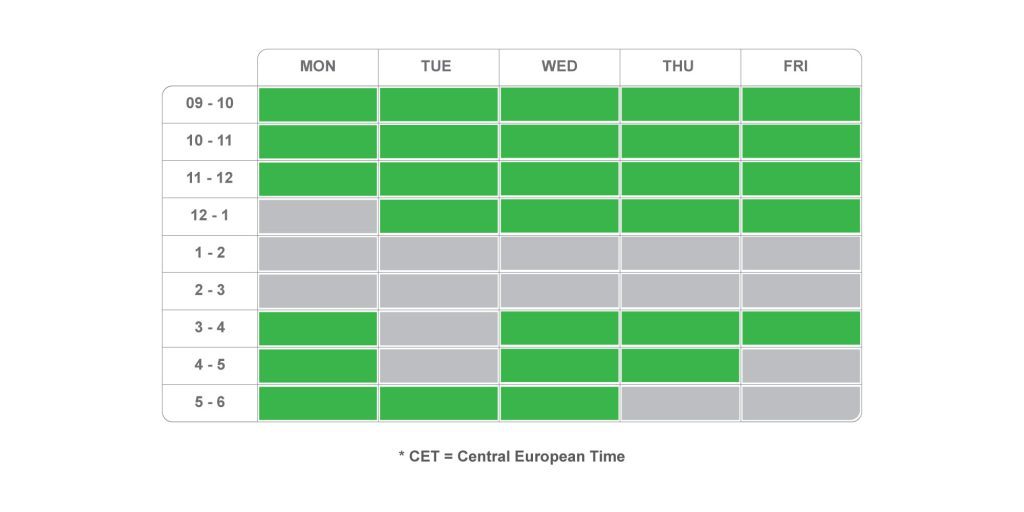[mepr-active rule=”1521″ ifallowed=”hide”]
If there is one thing kids love to do is to make fun of one another, and, more often than not, the target of these mockeries ends up being someone’s body or physique, a phenomenon that we now know as…
[/mepr-active]
[mepr-active rule=”1521″ ifallowed=”hide”]
You need to join the Community to view this content.
[/mepr-active]
[mepr-active rule=”1520″ ifallowed=”hide”]
[mepr-login-form]
[/mepr-active]

Grammar
By grammar we mean the whole system and structure of English, not just verb tenses, but also articles, pronouns, prepositions, conjunctions and a lot more.
You need to study grammar if:
- You tend to always use the same grammar structures
- You can’t express complex thoughts when writing or speaking English
- You make frequent grammar mistakes
How To Study Grammar
What you need:
- A good grammar book (I recommend English Grammar in Use)
- A notebook or a language journal
- Exercises and speaking prompts
Phase 1 - Identify the Issue
1. It’s important you identify the gaps in your knowledge before you decide what to study. Take a self-assessment grammar test or ask the help of a professional.
2. Even if you have studied a grammar topic in the past, that doesn’t necessarily mean you know how to use that structure. Keep an open mind when assessing your weaknesses.
Phase 2 - Study
1. Take some time to study the grammar rule. You can do this by looking it up in your favorite grammar book on online. Make notes in your language journal or in a notebook if necessary.
2. Some rules might be very complex and it may take time to digest all the information. Break down the rule into smaller chunks (e.g. if you want to study the Present Perfect, only focus on one of its uses and just the affirmative sentence structure first).
3. Complete the exercises provided in your textbook (or find them online). It may not be the most fun activity, but if you do enough exercises, you will get to the point where you won’t even have to think before building a sentence.
Phase 3 - Practice
1. Look for examples of the rule you studied in the videos you watch and the articles you read. This will help you see how that specific rule is used in a natural context.
2. Create your own sentences. Make these sentences as personal as possible because this will help you make sure you can use the new rule correctly as well as help you memorize it more easily. You can use speaking prompts to help you.
Tips
- Break it down. If you try to study very complex rules with lots of exceptions all at once, you will get overwhelmed.
- Find a good grammar book and complete the exercises included in it.
- Use the grammar rule you studied until you don’t even have to think before building a sentence.


